Adam Smith Awards Asia



Congratulations to all our 2021 Adam Smith Awards Asia winners. Watch this space to hear winner podcasts and read their case studies!
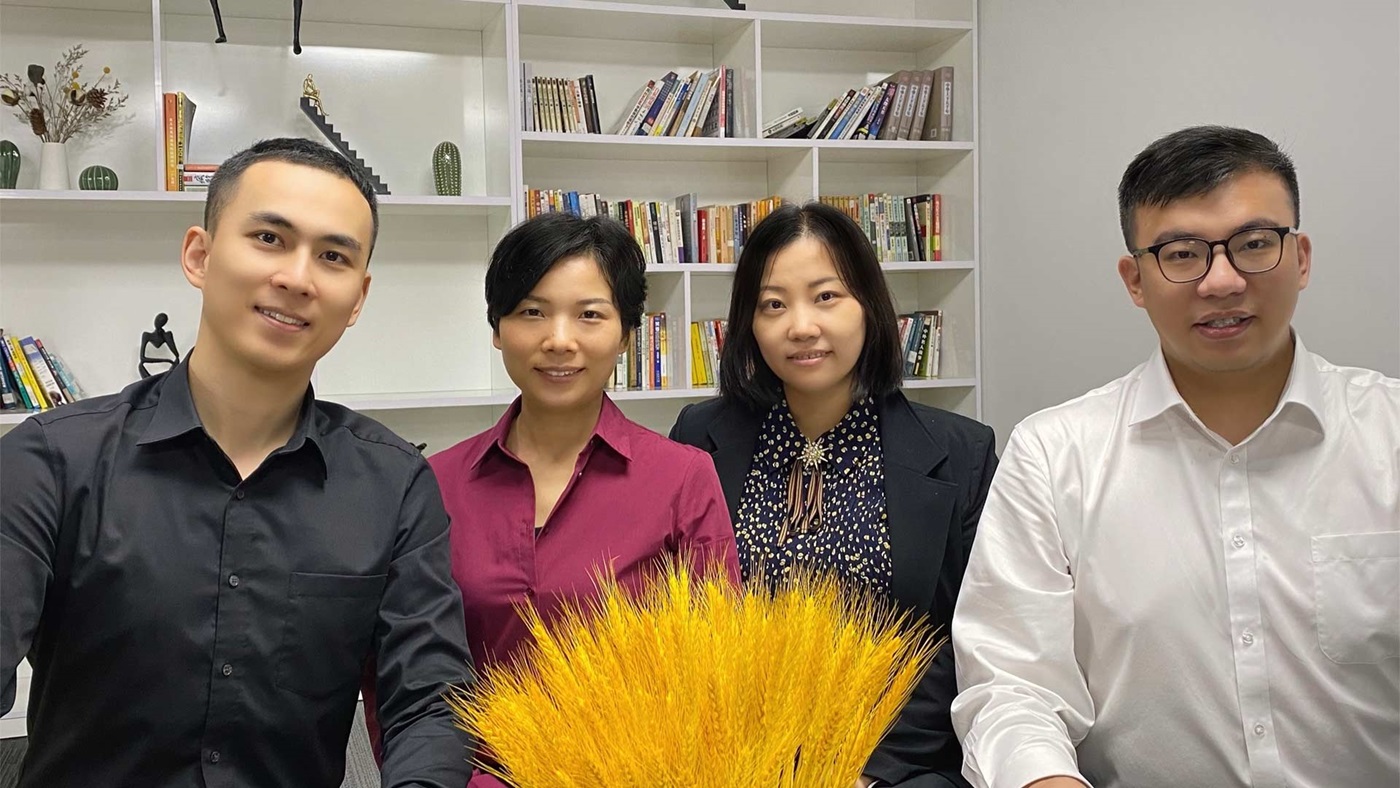
The past 18 months have been a complex, challenging environment, including the COVID-19 pandemic. With a considerable operational footprint in Asia, Flex’s regional treasury team plays a critical role and serves as a strategic business partner in navigating an evolving world. The complexity of Asia’s business environment is clear, as three critical countries in the region, China, India and Malaysia, are highly regulated.

Over the last two and half years, Takeda has centralised more than 80% of its global cash to Japan HQ by connecting Europe, the US, and other key countries including China to the global cash pool. Once pooled, the company’s next priority was to invest cash in safe and liquid investment vehicles with minimal credit risk.
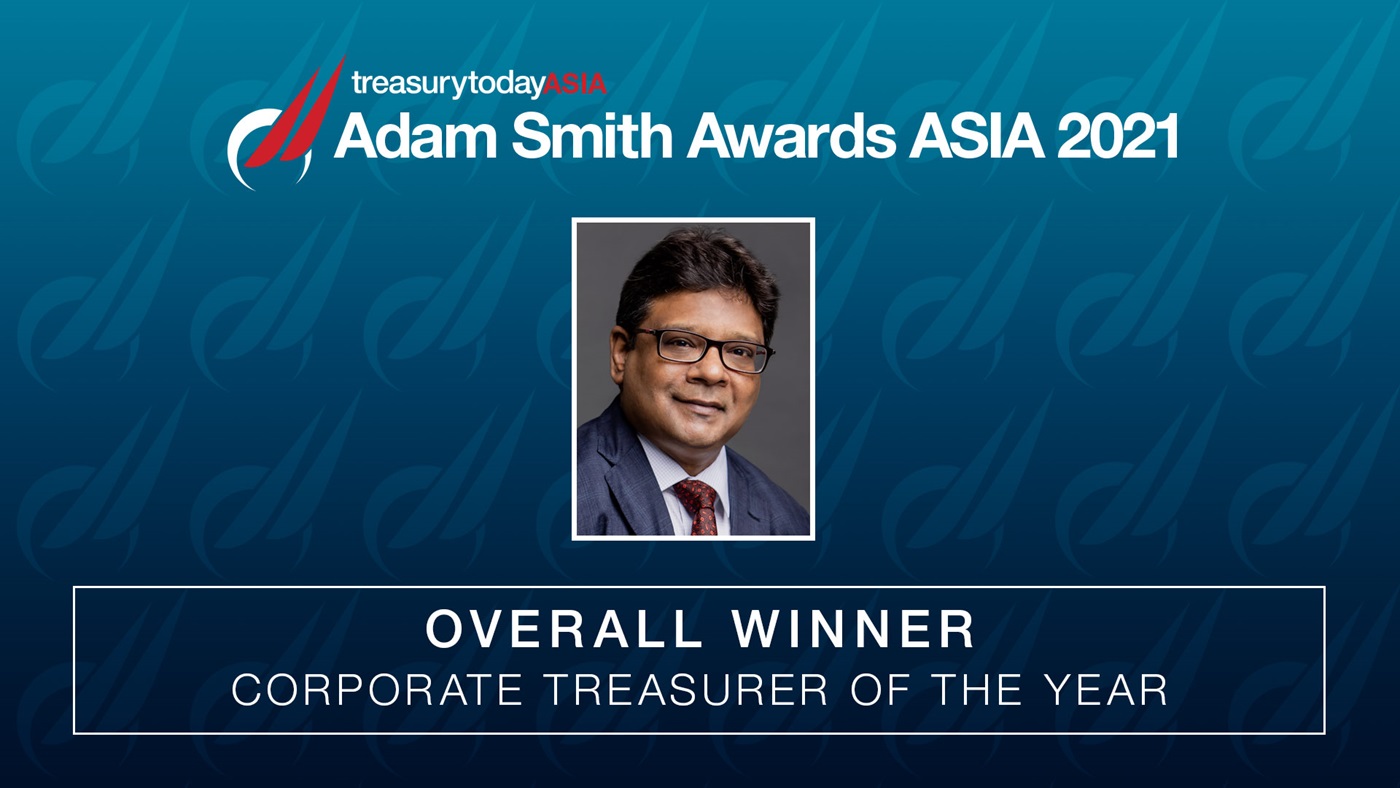
Konda is currently managing a liquidity surplus across both highly regulated and ‘unregulated’ markets. Additionally, he has been successful in repatriating significant sums of cash back to HQ amidst a complex regulatory landscape across Asia. This was achieved through close cooperation and coordination with the local regulators and other government bodies. He has implemented treasury specific models across multiple markets. During his tenure, he has created a strong and sustainable cash pooling structure to centralise liquidity. He created an optimal account structure to enhance transparency and automation and has implemented robust connectivity with all the company’s core banking partners in the region. This was all achieved against the backdrop of ensuring regulatory compliance at an individual country level.

Mithun Gole has been leading the corporate finance and treasury function for Apraava Energy for over three years. Under his leadership, Apraava Energy has developed strong relationships amongst the banking community and has onboarded several new banks/financial institutions. This has resulted in not only the broadening of Apraava Energy’s debt portfolio but also offering it the necessary competitive edge.

From her early years growing up with her family, Preet Dhupar had a keen sense of subverting conventional gender roles in the workplace. Studying finance through to a Masters level degree set her on the path to her current senior corporate finance role at IKEA.

BeiGene operates in a tremendously complex, highly regulated, and capital-intensive industry. Since launching, BeiGene has experienced rapid organic growth, resulting in a host of global banking and treasury inefficiencies.
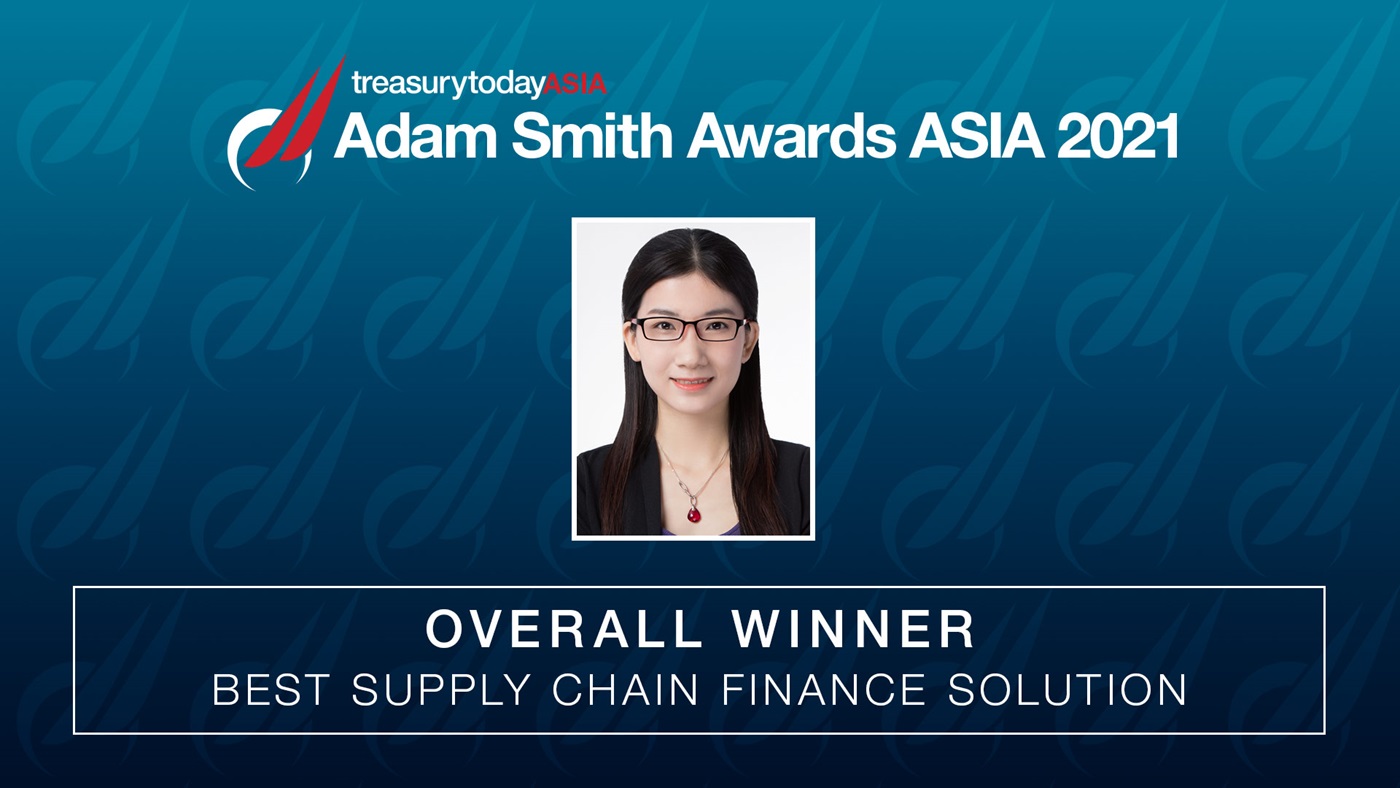
Henkel has set itself some aggressive sustainability targets, but it cannot achieve these objectives alone. Suppliers’ performance against environmental and social standards have at least as much impact on Henkel’s sustainability metrics as its own activities. Sophie Yang, Henkel’s APAC Regional Treasurer and her team recognised that a sustainability-linked supply chain finance (SCF) programme could help increase sustainability across the ecosystem by incentivising environmental and social improvement, whilst also enhancing supply chain resilience.

Liquidity risk has been an evolving subject in recent years, creating new operational challenges due to the COVID-19 pandemic, market disruptions and new derivatives and collateral regulatory requirements that have had to be managed against the background of heightened market volatility. Increased regulatory focus on liquidity risk has made this an even more pressing topic.

For decades, Goodyear did not have an automated liquidity structure in place in Asia Pacific, Goodyear has been exploring a better way to get access to the excess cash spreading in 13 markets in Asia Pacific in an efficient way.

Before 2020, Olam’s FX processes were being managed in an in-house legacy system. The company wanted to enhance its systems and processes to cater to the requirements of multiple internal and external stakeholders including business users, treasury, finance, audit as well as regulatory reporting. The system would also need to interface with multiple other internal and external systems to enhance its effectiveness.

After its spinoff from Continental, Vitesco Technologies became a fully independent entity that had to rebuild its cash management infrastructure worldwide from scratch, and it needed to do this within a short period of time as per its transition agreement with Continental. In addition, it had high levels of idle cash in China; this was because despite Vitesco Technologies strong revenue growth in the market, it was unable to move surplus funds back to its HQ in Regensburg due to China’s strict regulatory requirements governing cross-border funds movement. Vitesco Technologies Treasury in Regensburg desired a solution that would enable the firm to facilitate the mobility of funds into and out of China seamlessly.

Singapore Airlines (SIA) undertook a Rights Issue in May 2020 before the Singapore government imposed a circuit breaker lockdown arising from the unprecedented COVID-19 pandemic. The Rights Issue was critical for the SIA Group to raise sufficient capital to continue funding its operations and commitments during the worldwide pandemic which severely affected the aviation industry and the Group’s business.
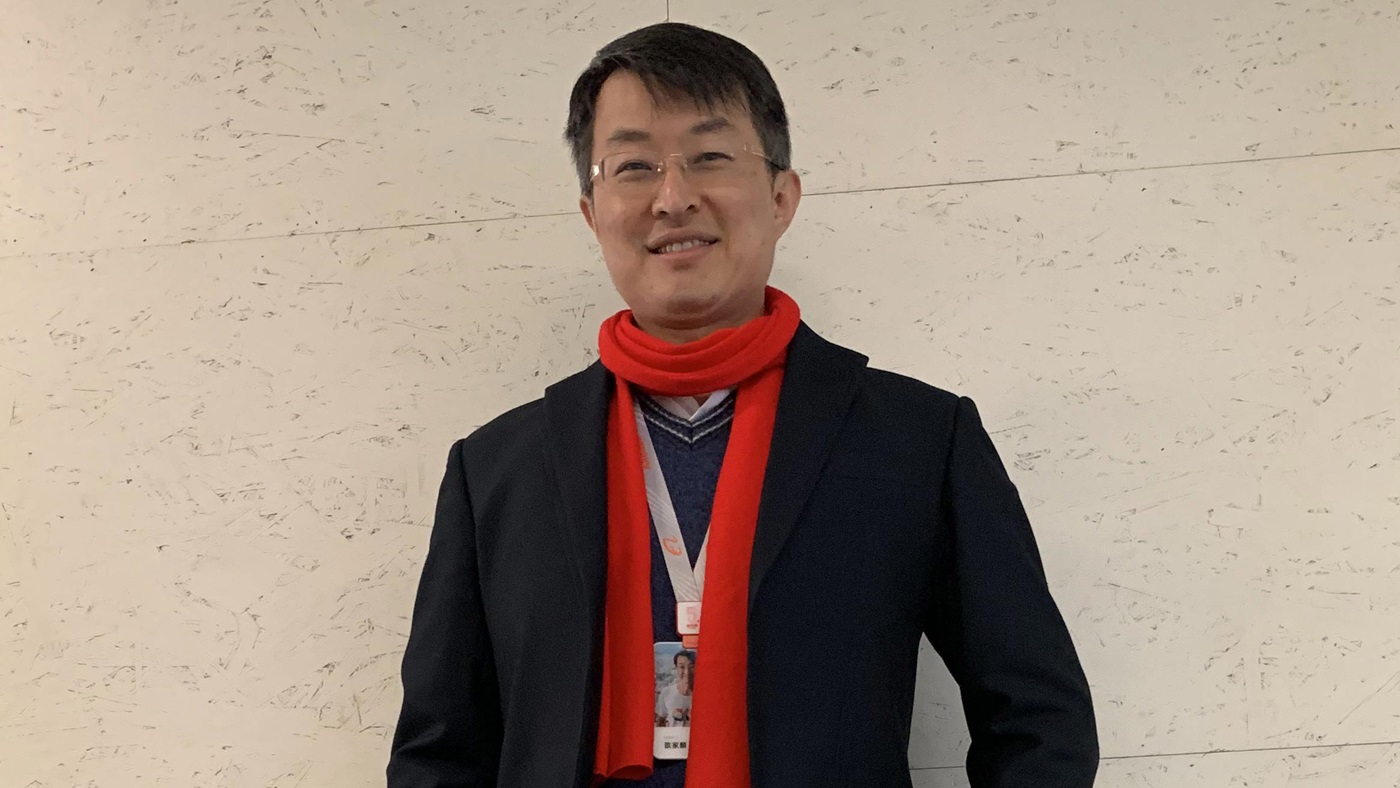
With an aim to improve traditional cross-border funds transfers in respect of turnaround time, cost efficiency and visibility of funds status, Alibaba outlined an ambitious vision to co-create a real, legally robust and scalable platform with its bank partner, Citi, and technology partner, Ant Group. Its aim was to establish an open blockchain platform that can enable all forms of B2B payments (intercompany, merchant settlements and supplier payments) with better cash cycle and transform the payment ecosystem to the benefit of the community.
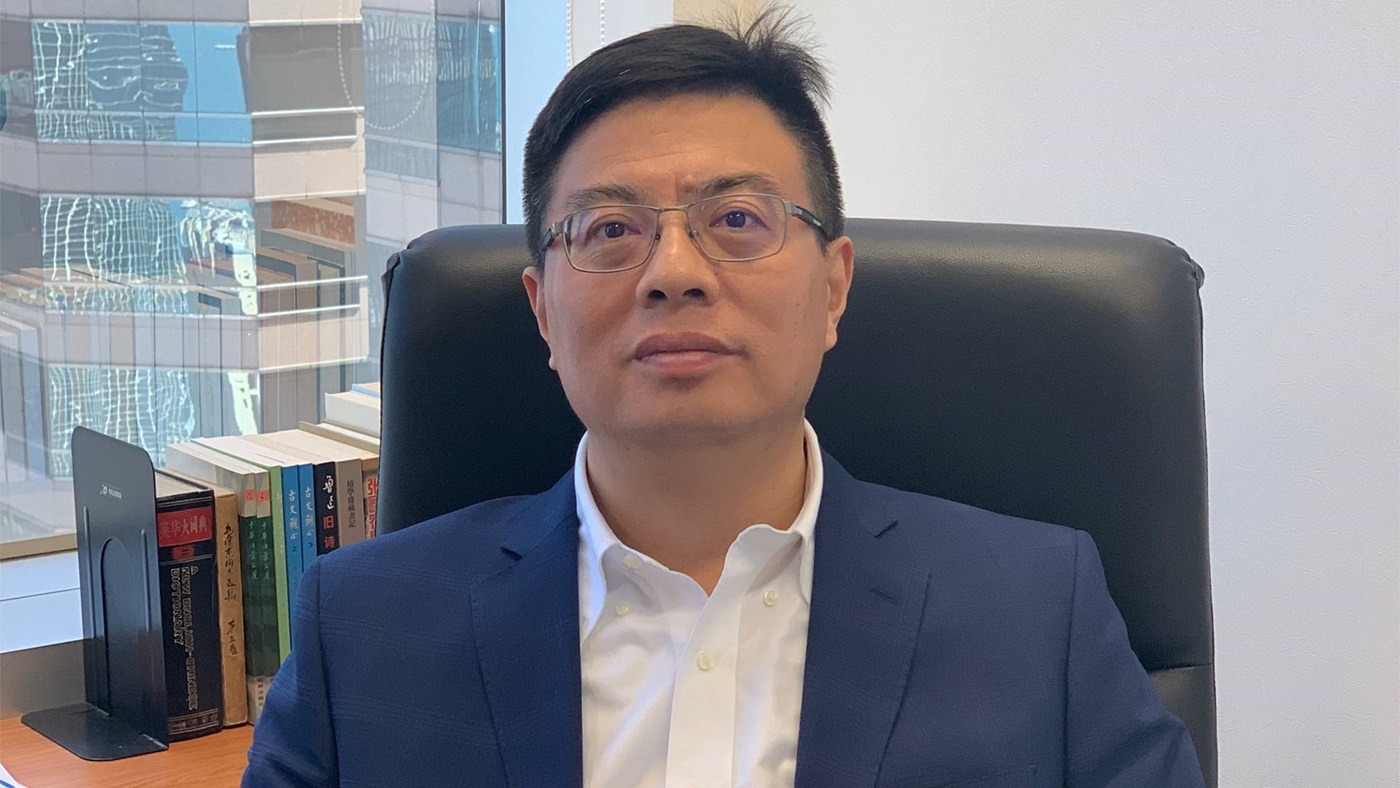
SAIC HK International Finance Limited was recently established as SAIC Motor Corporation Ltd’s (SAIC) new overseas treasury management entity and the company wanted to capitalise on its creation to derive cash, liquidity and working capital management benefits for the group.

Deutsche Post DHL Group (DPDHL) has embraced digital business models across its footprint, such as in Asia and Africa which are experiencing a transformation in digital commerce. To drive the success of its digital business, DPDHL wanted to make it as easy as possible for customers to pay, whilst avoiding fragmentation in its internal processes by having to maintain multiple merchant accounts with local payment services providers (PSPs). To achieve this, the company was seeking a simple, online payment solution to make it as easy as possible for customers to pay, supporting local payment methods in each of its Asian markets, including cards, mobile wallets and bank transfers.

Agoda receives proceeds from travel bookings to settle its payment obligations to hotel partners via two payment methods: virtual cards and bank transfers. For many years, hotel payments via virtual cards were outsourced to a third-party virtual card vendor. As in dealing with any external party organisations, common errors, delays and communication mishaps, are expected.
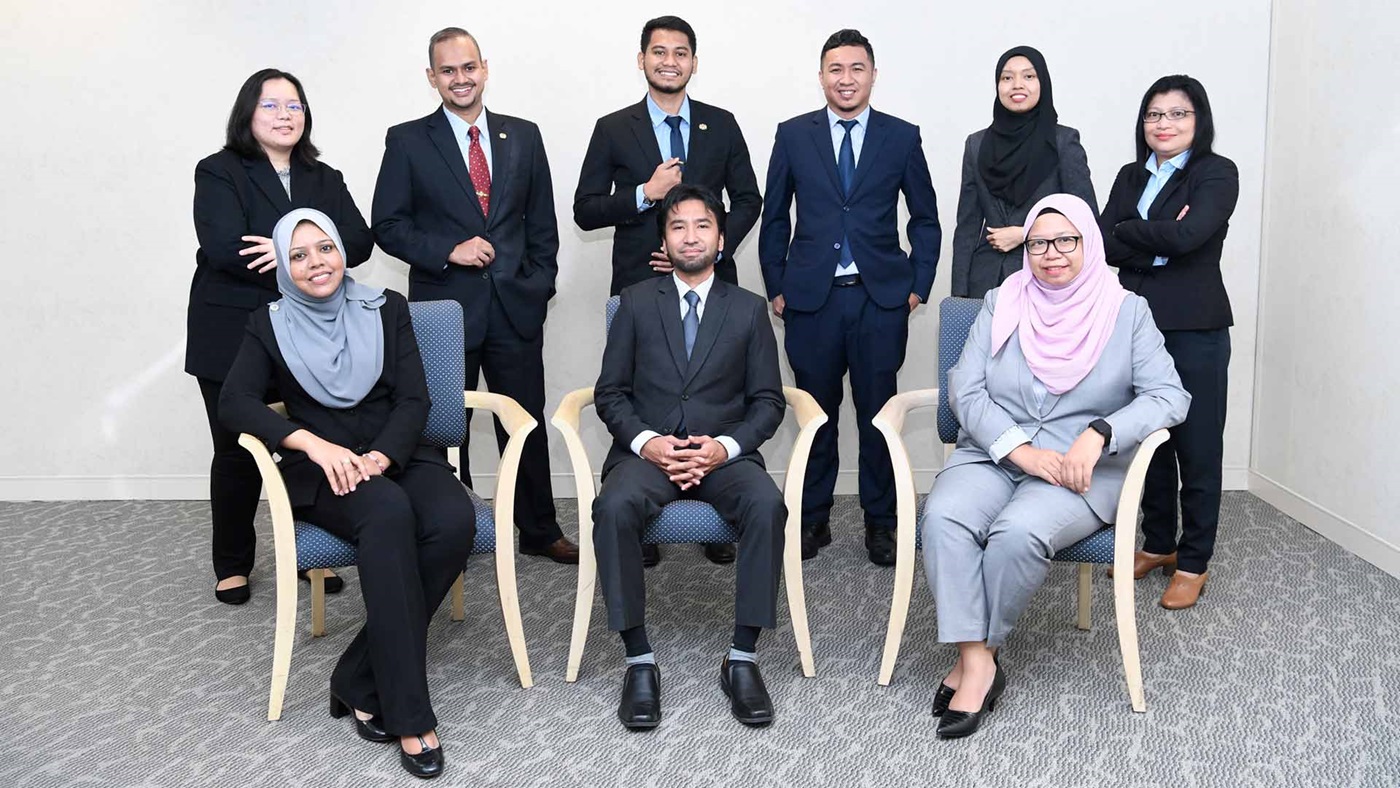
Malaysia has the fourth largest economy in Southeast Asia and the largest Islamic bond (sukuk) market in the world, accounting for 40.9% of the world’s outstanding issuance as at end-June 2021. Malaysia prides itself on its responsible investments, where most of the country’s sukuk issuances in the past year have been tied to the principles of sustainability.

Like many companies, Cummins Inc has felt the impact of COVID-19. However, a success story has been forged by the treasury team at its India subsidiary.

The last five years have seen very rapid growth, with global revenues rising from just under US$3bn to just under US$4bn. In the company’s APAC operations, that growth is even more rapid. By early 2020, with multiple local banks and accounts across 12 entities in six countries, multiple and disparate payments processes, and growth continuing at a rapid pace, it was clear change was needed.
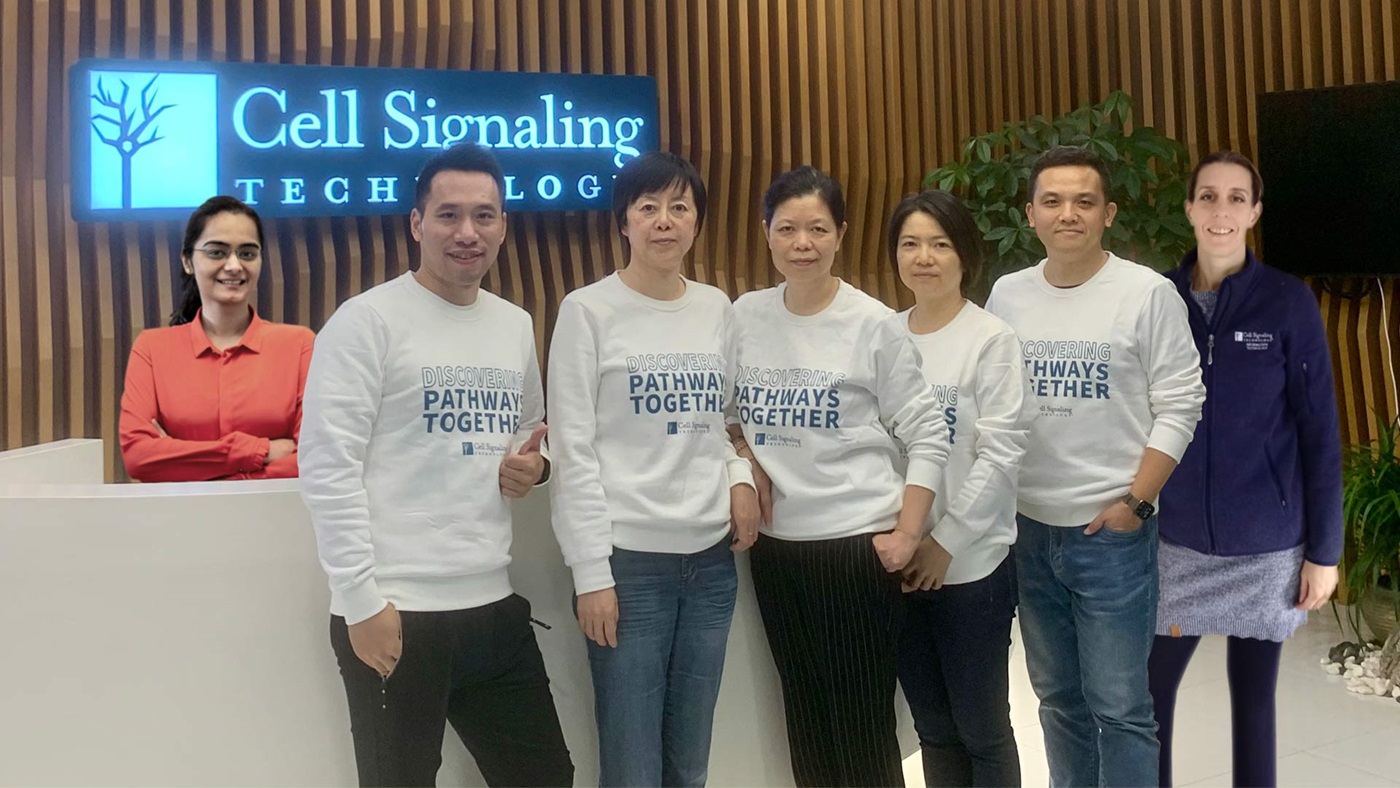
In recent years, CST’s accelerating growth in China saw domestic transaction volumes soar, pushing the limits of the company’s legacy treasury solution. That legacy structure was characterised by manual activities, time-consuming paper documentation, and delayed visibility of the company’s cash position. With the CST China new management team on board in 2020, they immediately recognised the need for significant improvements.
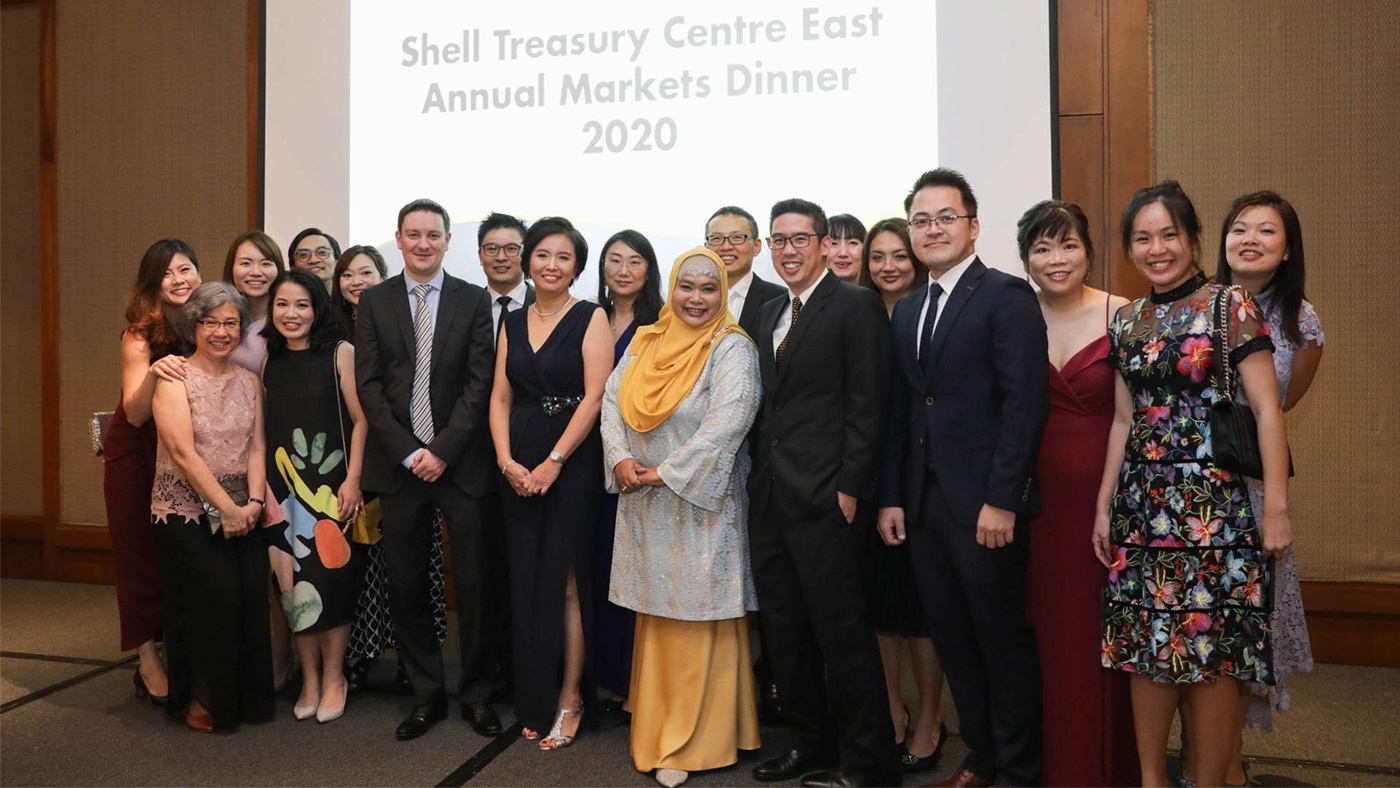
Teo Yian Ping, Regional Treasurer for Shell Asia Pacific (APAC), is based in Singapore and leads Shell treasury’s activities across the region. She manages a team of 14 people providing liquidity management, FX, cash management, funding and treasury advice to Shell’s APAC businesses.

India is a highly regulated market for cross-border payments and collections. Companies face strict trade controls when executing import and export trades, including defined timelines.
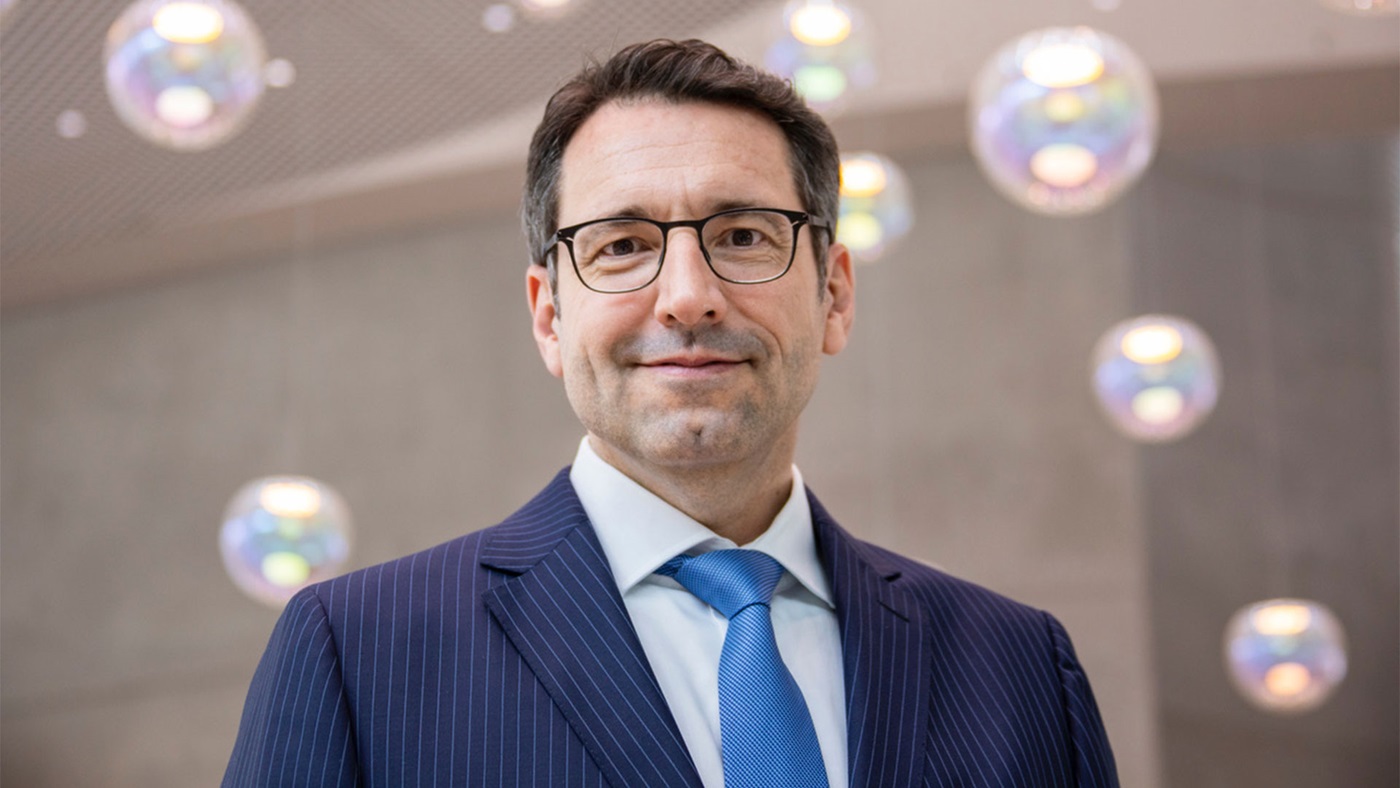
India’s restrictive monetary policies and highly regulated financial market brought unique challenges to the operations within the group treasury at Merck. It faced large FX impacts (local exposure not hedged) and limited use of global treasury processes.

Goodyear’s legacy treasury cash management and working capital operations were the result of a project before 2008. This also pre-dated the set-up of the shared services centre (SSC) in the Philippines in 2018.

Like many start-ups, NIO has faced cash investment challenges, evolving as it has moved through different phases of its business life cycle. It has experienced rapid growth, combined with a torrent of investment capital, which created vast cash management challenges. NIO has a high cash burn rate due to the high cost of research and development. In addition, NIO’s treasury department needed security for its cash, USD liquidity across time-zones and above all, to avoid loss of capital.
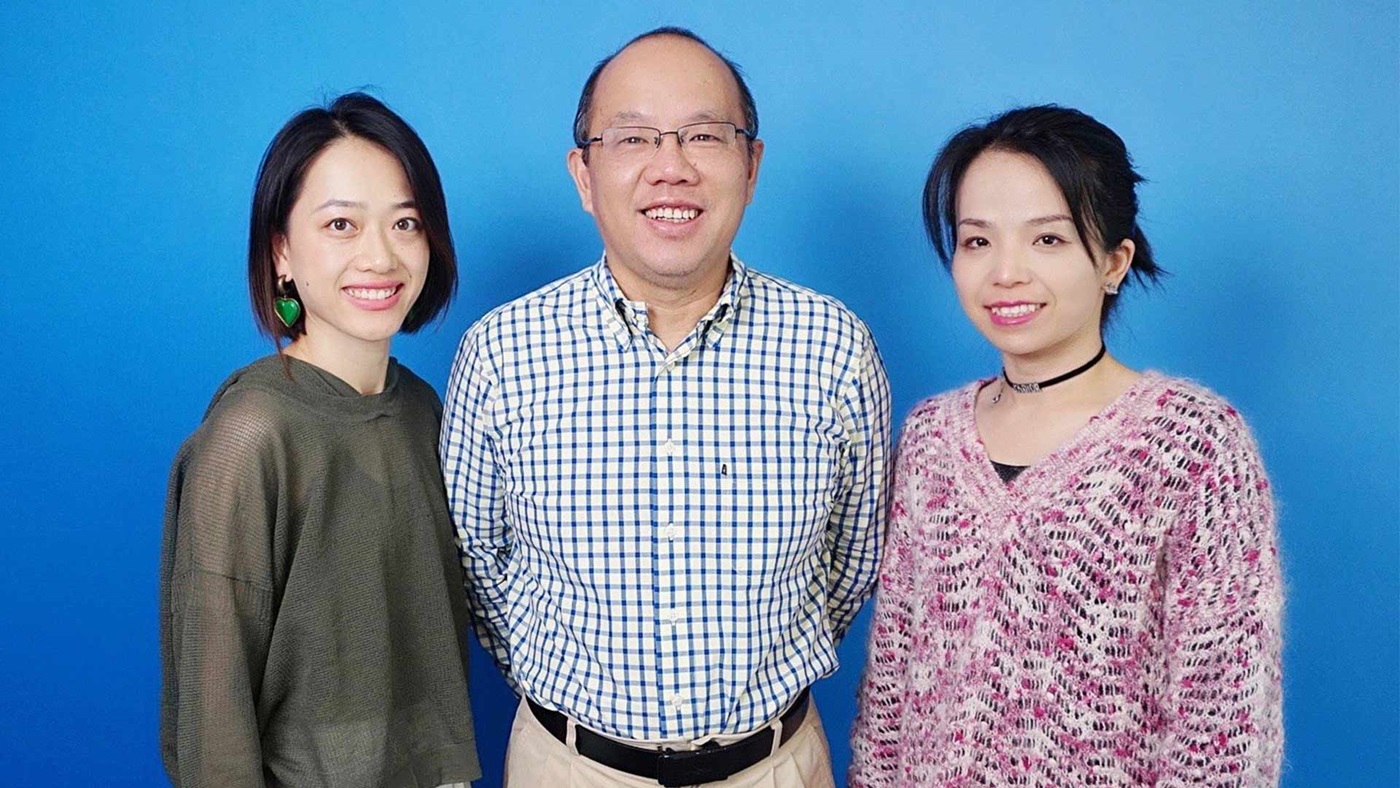
Eaton has been on a journey in pursuit of an in-house bank (IHB) model to address centralisation of flows and balances to achieve operational efficiency, improved working capital, internal control and cost savings. The company has an IHB in Ireland with an established netting centre and a multi-currency pool of 23 currencies; yet the challenges to incorporate Asia remained.
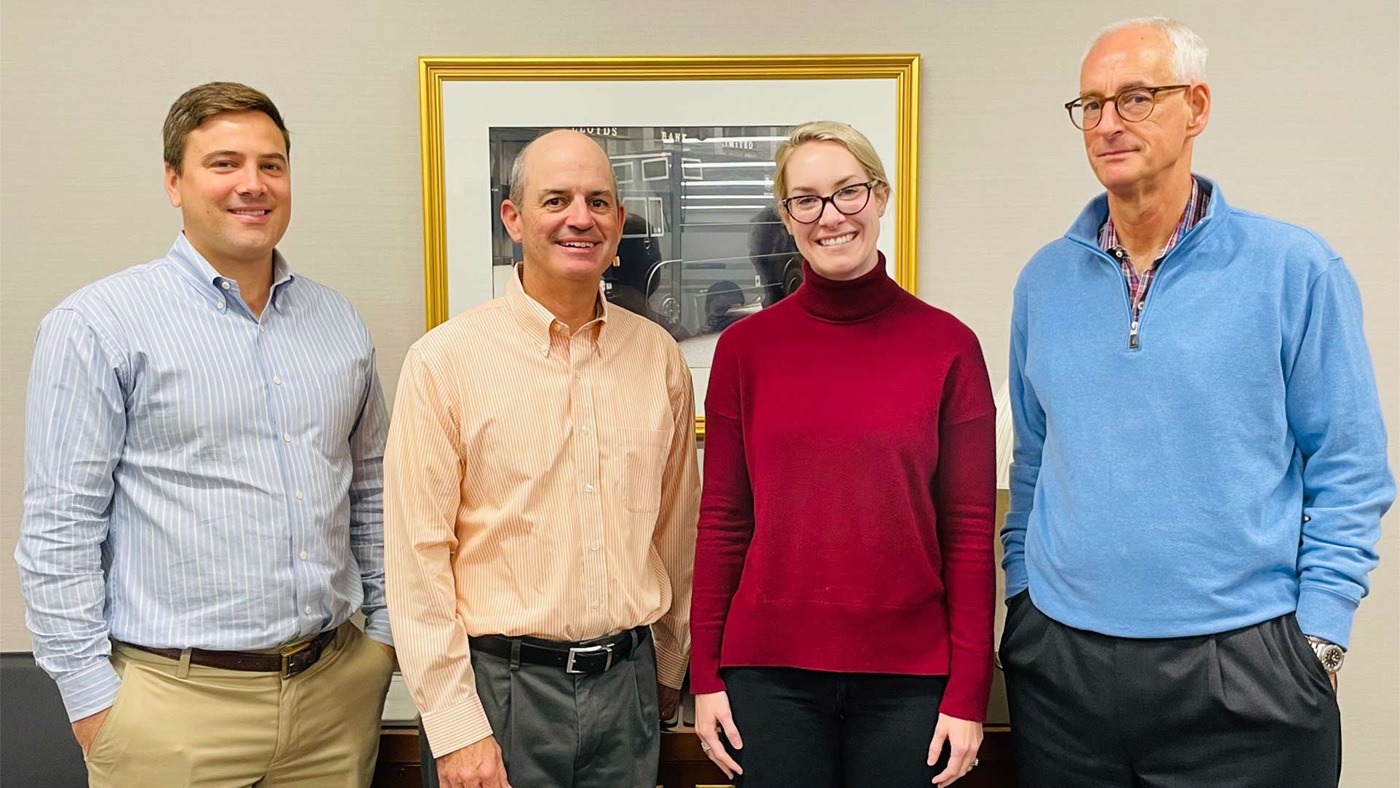
Each local entity managed its own payables and receipts, but Brink’s worked with its bank, Bank of America, to set-up a US dollar notional pool with the header in Hong Kong. Asian subsidiaries could call on the pool for funding, and surplus cash in the pool – anything over US$1m – was transferred to Brink’s global in-house bank (IHB) in Switzerland, where it could be used to pay down debt.

Aihuishou’s international expansion in China and overseas accelerated its gross merchandise volume (GMV) to CNY12bn at the beginning of 2019, and with disparate legacy systems, the manual management of cash and liquidity across products became ineffecient for the corporate treasury team. Cash management was fragmented and there was no cash planning with a lack of visibility on the global cash position. For example, the statements of more than 130 bank accounts required manual download from excel. The cash account types had to be manually marked on bank transaction details.

Starbucks operates 17 regional centres across 180 cities in China, with its local headquarters in Shanghai acting as the treasury centre responsible for processing all payments and collections for its domestic entities, including US dollar cross-border flows. Its total cross-border payment volumes in the country reached US$320m in 2020, which included the transactions of both goods, for example the imports and exports of coffee raw materials, as well as services, for example the rights to intellectual property for its merchandise.
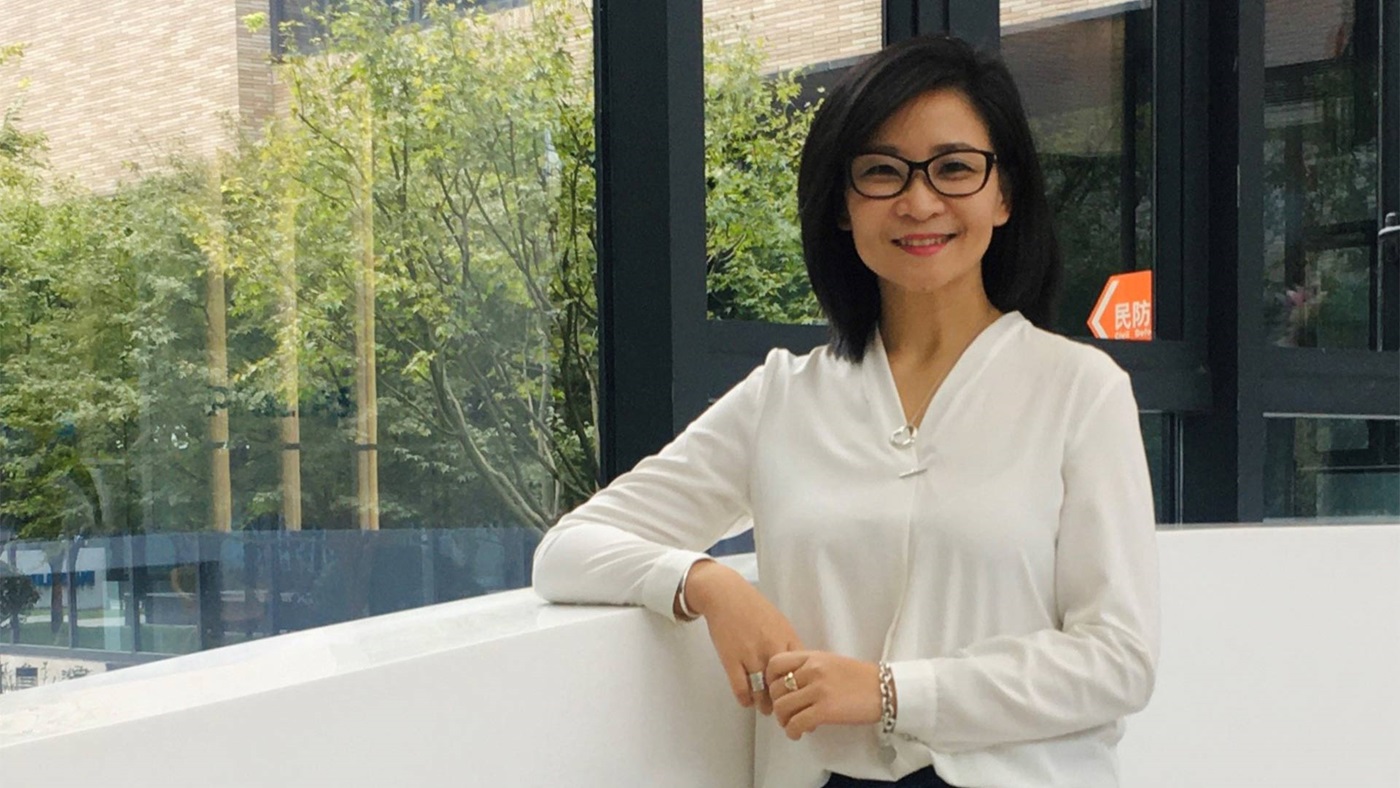
During COVID-19, the Chinese government imposed strict lockdown measures, which required most businesses to halt their normal operations. With the interruption of production and operations, businesses struggled to fund everyday expenses such as rent, wages, utilities and more; a challenging situation for SMEs that have little to no cash.

Syngenta has complex supply chains involving counterparties of varying sizes. In the emerging markets in Asia Pacific, Syngenta deals with complex and dispersed distribution channel networks in which customers range from small to medium size entities. On the supply side, vendors are medium to large scale enterprises. This complicated value chain creates various opportunities of improvements for Syngenta’s business as well as treasury management and supply chain finance.
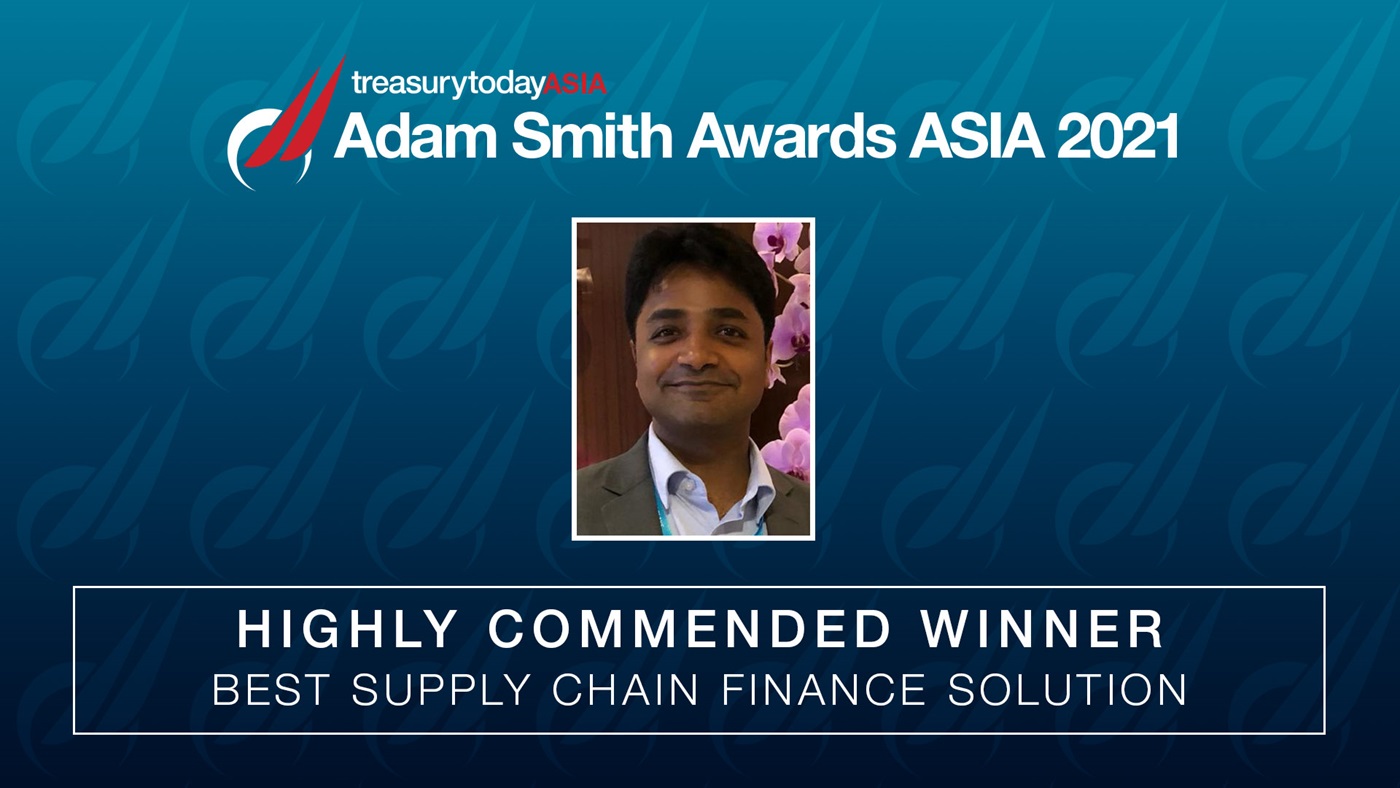
Flipkart is a leading player in India’s fast growing ecommerce industry. Due to the competitive nature of the industry, suppliers to online marketplaces typically operate on a very thin margin and face strains on their working capital.

JSW selected a treasury, risk and trade finance management solution from IBS Fintech, comprising a comprehensive risk management platform enabling JSW to enhance visibility, improve control, mitigate operational risk, drive automation, optimise business efficiency, and ensure business continuity. The chosen solution is an ‘all in one’ product, covering multi-asset class, multi-currency, multi-location and multi-company. It empowers JSW to manage compliance, financial and operational risks all in one solution.

Sany urgently required professional consultancy, guidance and help to support the company’s entry into local markets in the region, especially due to the high degree of capital controls in ASEAN countries.

Qualcomm’s legacy liquidity structure in Asia was decentralised. Given the accelerated growth Qualcomm was experiencing in Asia, Matt Post, Assistant Treasurer in San Diego was eager to enhance the company’s liquidity efficiency by establishing a structure that would.

MODEC deals with a lot of vendors and major equipment suppliers located all over the world. FX exposures to be hedged were based on purchase orders entered in the system, with a hedging ratio of the committed exposure being set to be between 80% and 125% in line with the company’s FX risk policy.

Singtel wanted to embark on a digitalisation journey to enhance its customers’ experience in making real-time payments for their purchases and billings. The headwinds and challenges brought on by COVID-19 pushed things over the technology tipping point, amplifying trends that are redefining the basis for success for the telecom industry, as the group’s business processes have to be moved online in the past 18 months amid lockdowns, work from home and physical distancing. Besides echoing Singapore’s Smart Nation initiative towards an e-Payment society, the pandemic has further driven the demand for instant QR payments and the need for credit notifications to allow Singtel to ensure payment finality prior to the release of goods and/or services.

Over the last five years SRF has invested close to US$750m across geographies and has witnessed rapid growth. Geographical expansion has required its treasury to be an enabler across business units and geographies. The treasury team at SRF works closely with business teams to deliver on key priorities.

Historically, Edelman would reconcile expenses for each customer, campaign, and digital channel manually. The process was made that much more complex by the fact that Edelman often runs multiple campaigns for the same client concurrently. In addition to this, statements from each digital channel partner needed to be reviewed and mapped back to the appropriate client campaign.

The key challenge faced by many offshore issuers in accessing the JPY bond markets is securing long-dated debt beyond five years. From 2017 to 2020, more than 50% of issuances in the cross-border JPY market comprised a maturity of five years or less.
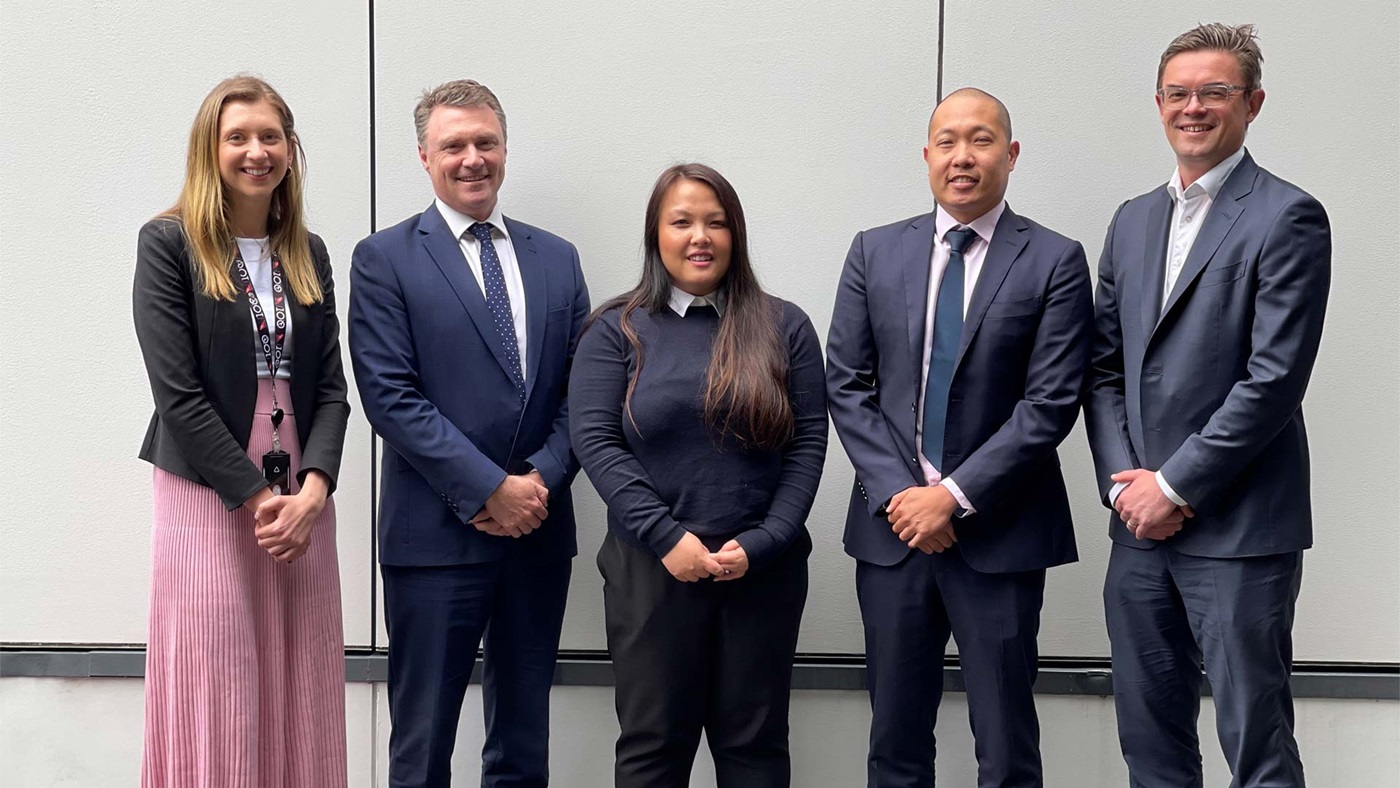
COVID-19 presented unprecedented challenges for the airline industry. Following curbs on air travel and tighter border restrictions, Qantas was forced to ground most of its aircraft and stand down 20,000 employees.

Traditional trade products such as letters of credit (LC) are time-consuming, paperwork intensive, and require heavy manual processes. As part of Vale’s transformation, buoyed by its client centricity approach in trade finance area, the company has embarked on a transformation to achieve better speed, transparency, and security in its process.

Due to the COVID-19 pandemic, there are growing demands for work/study from home, leading to a worldwide increase in the need for computer and communication devices. IT manufacturing is a capital-intensive industry which is in a constant state of evolution and upgrades. This requires manufacturers such as Hongqisheng to constantly procure and upgrade equipment and machinery parts whilst expanding their production line so they can continue to produce high-quality, state-of-the-art products which meet the latest technological developments and increased demand.

During the recent COVID-19 pandemic the business hit a perfect storm. A debt refinancing and an initial public offering (IPO) was abruptly delayed.

Operating for more than half a century with a global footprint that includes China, South Asia, the Middle East and Africa, China National Heavy Duty Truck Group Co Ltd has been using Sinotruk Finance as an in-house bank (IHB) for treasury functions such as intra-company liquidity support and deposit investments for group entities.

The project is developed by Bank of China (Hong Kong) (BOCHK), aimed to serve the global treasury function for SF Holding’s subsidiaries in over 78 countries and regions. With a global logistic network around the world, SF Holding has many subsidiaries and bank accounts with different banks globally. This has created a heavy burden for its headquarters and global treasurers to get a clear global cash position and manage the business operation. The project aimed to minimise SF Holding’s workload in managing too many banking systems and processes for daily settlements.

As the payments landscape continues to evolve rapidly, Globe had been looking to enhance its cash management function, with a keen eye on digitisation and embracing real-time treasury.

In 2020 GLP sought to raise additional capital to develop and acquire eco-friendly logistic warehouses.

Although Avery Dennison has made steady progress on eight key sustainability goals including cutting carbon emissions and integrating ESG guidelines into its chemical procurement, the company was increasingly concerned about sustainability in its Asian supply chain. Avery’s treasury and procurement teams opened discussions with its bank, Bank of America, on ways to encourage suppliers in the region to improve their own ESG performance.

The loans are deposited electronically directly into a borrower’s bank account. However, the collection of monthly instalments has been traditionally cash based, resulting in several challenges and concerns.
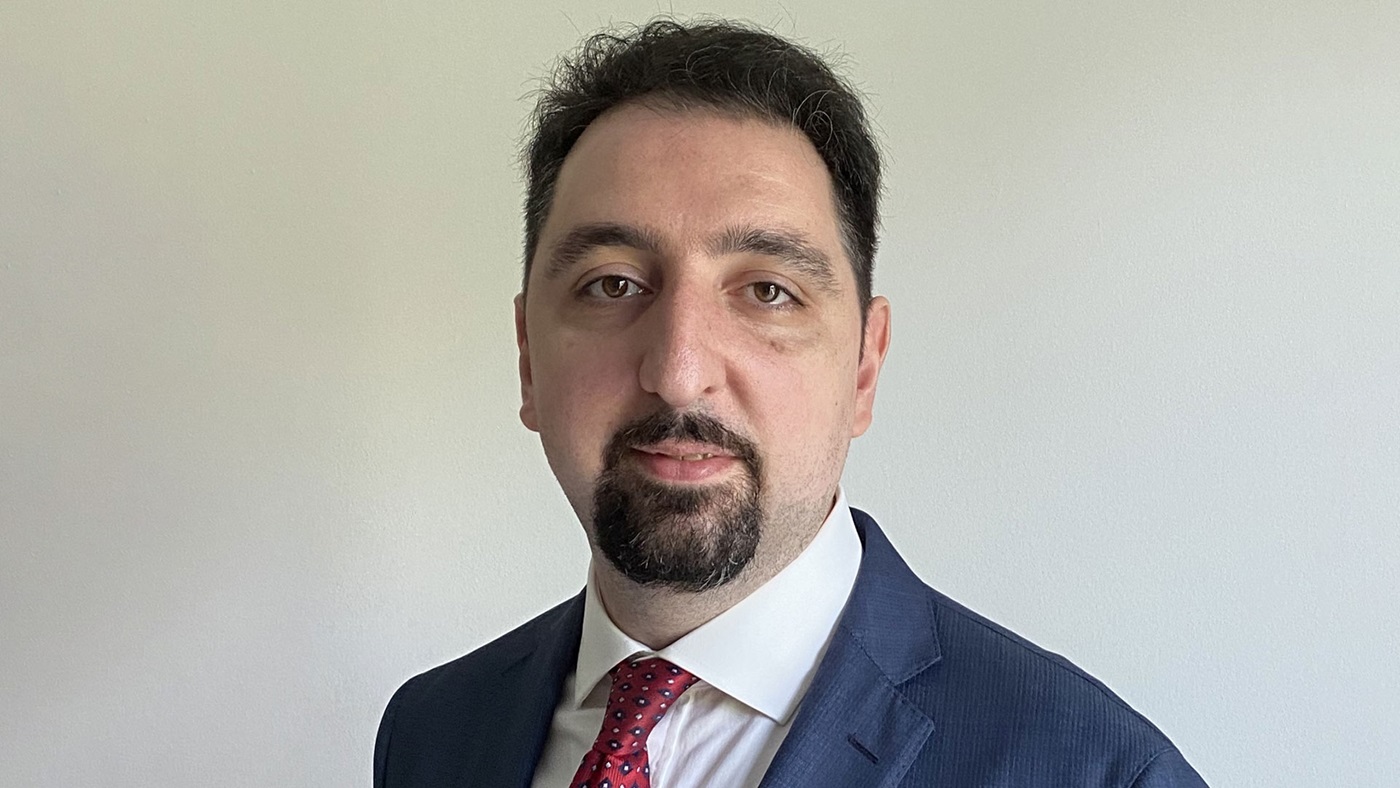
Over the last 18-24 months, Danone has initiated an ambitious, regional, multi-phased project with a view to transform treasury operations and how it further enhances business objectives. With business norms changing rapidly over the last few years and especially, the pandemic acting as a major trigger, Danone treasury team agreed that this transformation was now essential to enable them to act as true partners to the business and meet their senior management’s strategy.

GE’s regional treasury organisation in Asia Pacific is a dynamic team with strong regional expertise, cross-functional coverage, and responsibility for multiple geographies. The team is comprised of treasury professionals located in Singapore, Shanghai and Noida, and is responsible for cash management, FX, intercompany funding, trade finance, commercial treasury, structured trade solutions, banking service operations, and infrastructure. The APAC treasury team is supported by middle and back office shared service centres (SSCs) in Chennai and Shanghai.

Xiaomi faced challenges due to its rapid global expansion. However, there is never a ‘one-size-fits-all’ treasury model. In India, one of the overseas markets that Xiaomi first entered and currently one of the most important markets, Xiaomi’s treasury management supported global operations and business growth, based on local market environment.

ATC India operates in an industry that provides telecoms bandwidth through its network of 75,000 towers across India to close to a billion individual consumers, who are subscribers to the country’s top telecom operators. With the towers dependent on the power supply from India’s utility providers, or the state electricity boards (SEBs), to operate, ATC need to have a stringent and reliable process in place for timely payments to close to 100 SEBs to ensure the delivery of consistent services to their customers. If payments are missed, ATC risks power cuts and disruption of services to its customers, leading to potential penalties and related costs.

The treasury team was limited by inefficient manual processes and a desktop-based treasury system. Performing daily cash flow calculations required access to five different banking portals, download bank statements from each, and then assemble the daily cash forecasts using spreadsheets. FX deal capture was an equally challenging process that involved myriad shared services addressing different components of deal settlement.

The Hong Kong office of CDFI acts as an overseas treasury centre and payment hub for the region. The high volume of transactions brings stress and costs to the finance team. Automation of payments from offline to online is a major need for the group.

IDP India is growing at a CAGR of 30%. As a result of a recent acquisition, the treasury team expects collections to double. Collections are largely from IELTS candidates paying test fees either directly or through referral partners. In the past, these collections spanned various modes, which include cash collections at branches. Online collections varied across different branches as well as different electronic payment types including credit/debit cards, bank transfers and e-wallets.

The company’s existing process for issuing invoices and paying against them was complex, with many touchpoints between PTTGC’s suppliers/distributors, PTTGC and its bank. The existing withholding tax process also required PTTGC to issue paper withholding tax certificates to suppliers and send withholding tax information to the Thai Revenue Department.

Coca-Cola Beverages Pakistan Limited (CCBPL) maintains cash management relationships with multiple banks to collect from its 700 distributors across Pakistan. These banks provide purely branch-based cash and cheque collections.